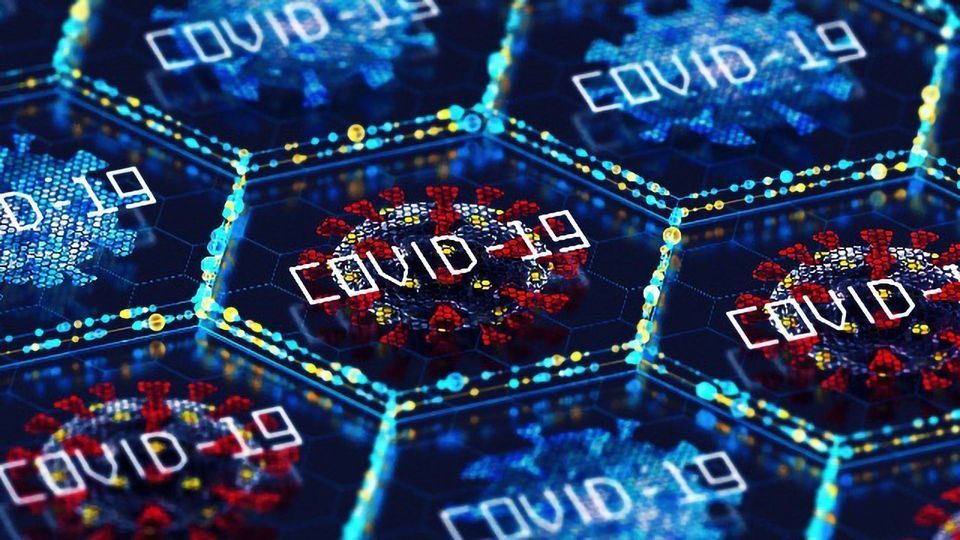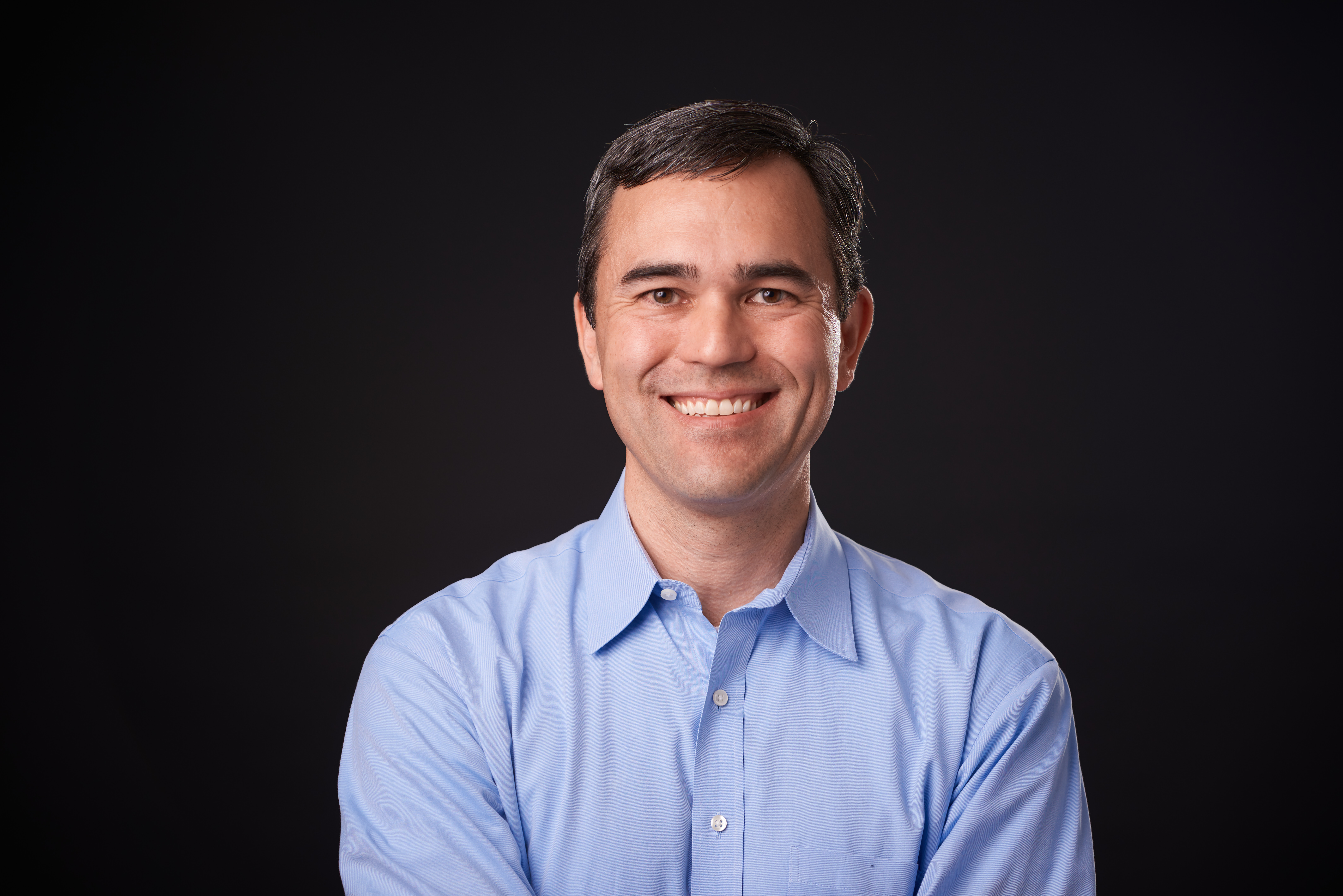Optimizing the Discovery of Synthetic Antibodies for SARS-CoV-2

Complete the form below to unlock access to ALL audio articles.
When the COVID-19 global pandemic was declared in March, Twist Biopharma, a division of Twist Bioscience, decided to utilize its synthetic antibody discovery libraries to discover antibodies that could have diagnostic or treatment capabilities.
After many rounds of screening and optimizing, Twist Biopharma has identified a number of antibodies that display potent biological activity; including antibodies that bind to the receptor domain of the S-1 protein and also a series of antibodies that bind to the extracellular domain of ACE2 in humans.
Technology Networks spoke with Aaron Sato, Chief Scientific Officer, Twist Biopharma, to find out more.
Molly Campbell (MC): For our readers that may be unfamiliar with monoclonal antibodies (MAbs), please can you describe what they are? How can they be utilized in a diagnostic and therapeutic sense?
Araron Sato (AS): MAbs are proteins made in the laboratory to mimic the activity of natural antibodies produced by the body to recognize a foreign invader known as an antigen, e.g. by viruses and bacteria, and mark them for removal. Similarly, MAbs are targeted to a specific antigen on the surface of a cell so that they can then be easily selected and destroyed. One of the most common therapeutic uses for MAbs is in cancer. They can be designed to bind specifically to cancer cells, which in effect flags them so that the immune system will better recognize and destroy them. This specificity to an antigen means that MAbs can also be used in diagnostics. By binding to an antigen in a sample, MAbs can be used to detect and quantify that specific antigen.
MC: Can you tell us more about the competitive antibodies that Twist have discovered? What processes were involved in their discovery, and what technologies were key?
AS: Twist has developed a series of antibodies that target the receptor binding domain on the S1 protein of the SARS-CoV-2 virus and a separate series of antibodies that bind to the human target of the SARS-CoV-2 virus, ACE2, binding to the extracellular domain. Their binding affinities are in the picomolar to nanomolar range.
For the discovery, Twist Biopharma, a division of Twist Bioscience, leveraged its Library of Libraries, a family of robust proprietary synthetic antibody phage display libraries each containing more than 10 billion human antibodies derived from natural human antibody sequences. Twist Biopharma screened these libraries to identify key competitive antibodies with potent biological activity. One key feature of the libraries is that they provide researchers with the ability to synthesize every single sequence desired for the comprehensive product, whereas a typical discovery library does not allow manipulation of each base, one by one.
MC: Across the globe there are a number of research institutions and companies working to discover antibodies that neutralize SARS-CoV-2. What makes Twist unique?
AS: The Twist advantage is speed, capacity, accuracy and results. Utilizing our highly parallel silicon-based DNA synthesis platform, we have the ability to manufacture millions of antibodies of different lengths with industry leading accuracy. All of our antibodies include only sequences found in the human body, to minimize any potential side effects. Our Library of Libraries provides an unbiased resource for antibody therapeutic discovery and optimization. This precise and rational approach to library fabrication, synthesizing every sequence variation that occurs in human antibodies, combined with sophisticated bioinformatics and software expertise, expedites antibody discovery by decreasing risk, increasing speed and lowering the failure rate for antibody therapeutic development.
MC: Can you discuss the timelines with regards to optimizing antibody leads and scaling up the compounds for in vitro testing?
AS: We are currently working to characterize the antibodies and confirm in cultures that each antibody neutralizes the virus. We aim to have the results of these experiments within the next four weeks.
We may take one or more of the initial leads and optimize them further to increase potency and specificity over the next six weeks.
MC: What are the greatest challenges when working to discover novel diagnostic/ therapeutic modes for COVID-19?
AS: The greatest challenge is the pressure of time. We all want effective diagnostic tests, serology tests, vaccines and therapeutics yesterday. We are racing the clock as hundreds of people are literally dying every single day. Our ability to move quickly from sequence to antibodies with biological activity that binds tightly to their target in 6 weeks is amazing.
In addition, the tests that need to be conducted must be run at a biosecurity level three lab which are scarce and far over capacity with the amazing development efforts ongoing for COVID-19. We, as a community, are committed to finding a way forward and at Twist, we are committed to fighting COVID-19 with all of our tools.

Aaron Sato was speaking to Molly Campbell, Science Writer for Technology Networks.


